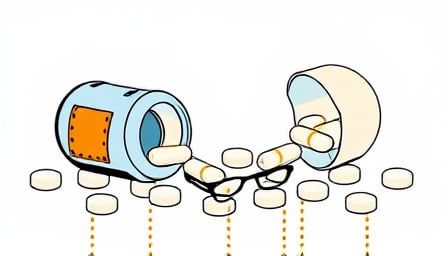Eli Lilly’s Weight Loss Wonder: A Double-Edged Sword
Eli Lilly & Co, a pharmaceutical giant in the US, has been riding a rollercoaster of stock price fluctuations in recent times. The company’s weight loss drug, Zepbound, has emerged as a clear winner in head-to-head studies, outperforming its rival Wegovy from Novo Nordisk. But, as the old adage goes, “be careful what you wish for.” The high prices of these weight loss drugs have made them inaccessible to many Americans, despite the fact that prices are slowly decreasing with improved insurance coverage.
A Price to Pay
The astronomical prices of these weight loss medications have left a sour taste in the mouths of many. It’s a classic case of “you can’t have your cake and eat it too.” On one hand, Zepbound has proven to be an effective solution for weight loss, but on the other hand, its exorbitant prices have made it a luxury item that only the privileged few can afford. The fact that prices are decreasing with improved insurance coverage is a welcome development, but it’s a drop in the ocean compared to what’s needed.
A Stock Price on the Rise
Despite these concerns, Eli Lilly’s stock price has seen significant growth over the past five years. An investment of $100 made five years ago would now be worth over $478. This is a testament to the company’s resilience and adaptability in the face of a rapidly changing market. The pharmaceutical industry as a whole has seen a reversal in its downtrend, with investors now looking to buy drug stocks, including Eli Lilly.
A New Era of Investment
The writing is on the wall: investors are now looking to buy into the pharmaceutical industry, and Eli Lilly is at the forefront of this trend. But, as with any investment opportunity, there are risks involved. The high prices of weight loss medications are a double-edged sword, and investors need to be aware of the potential pitfalls. Will Eli Lilly’s stock price continue to rise, or will the company’s weight loss wonder become a burden too heavy to bear? Only time will tell.
